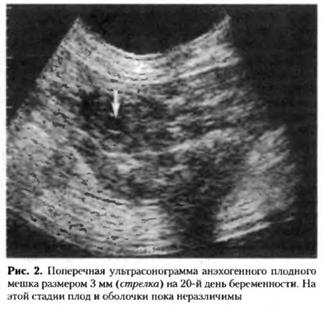Gene superfamily: tubulins; (TUBA1 TUBA2 TUBAC TUBAL TUBB1 TUBB2 TUBB3 TUBB5 TUBB1P TUBBL1 TUBBL2 TUBBL3 TUBBP1 TUBBP2 TUBBP1B TUBBP6B TUBBP33B TUBG)
|
FUN |
TUB-beta is part of heterodimer, together with alpha-tubulin, representing the main structural component of microtubules. These in complex with micro- and intermediate filaments (e.g. neurofilaments) provide the spatial organization of cytoskeleton, intercellular transport, mitosis etc." |
|
FAG |
[1] The TUB multigene family comprises totally 20 to 30 alpha-
and beta-like sequences. Classification of functional
elements of such complex families is based upon the concept
of 'isotypes, the differences in their expression being
ontogeny-dependent and/or tissue-specific. However, different
isotypes of a gene product (emerging due to alternative
splicing variants) may actually be encoded by the same
functional gene.
[2] Of 12 fully sequenized TUBB-like sequences 3 are undoubtedly functional genes. In terms of original reports these are M40 (syn. beta-1), beta-2, and beta-5 clones. Only one of them (M40) is mapped. The M40 subfamily comprises also three pseudogenes (7-beta, 14-beta, and 21-beta; two of them are mapped - to chromosomes 8 and 13). Three additional beta-pseudogenes are parts of other subfamilies. These are 1-beta (do not mix up with beta-1/M40!), beta-6/11, and 33-beta. 8-, 20- and 52-beta-like sequences is also like to be functional genes, since they contain introns and conservative sites in the 'coding' blocks. The classification of all these elements is hampered because of incompleteness of data published and the variances of designations of different authors. [3] Up to the present for the alpha-TUB class 5 isotypes coded by 4 functional genes have been revealed. Two of them are mapped: to chromosome 2q (highly testis-specific; GEM:02q/TUBA1) and to chromosome 12 (constitutively expressing in different tissues; GEM:12^/TUBAC). One more gene (or pseudogene) might be located to chromosome 11 (GEM:11^/TUBAL). Most of other TUBA-like sequences are probably processed pseudogenes." |
|
EXP |
The beta-TUB class is likely to consist of 5 to 6 isotypes: I - constitutive, i.e. expressed in different tissues, II - major neuronal, III - minor neuronal, IVA - brain-specific, IVB - constitutive, V? - testis-specific." |
